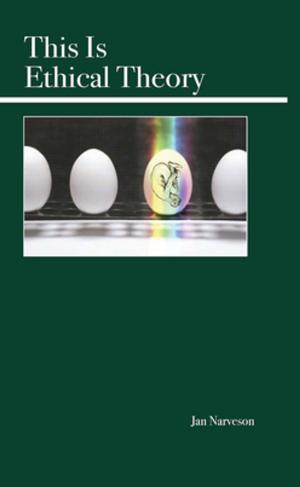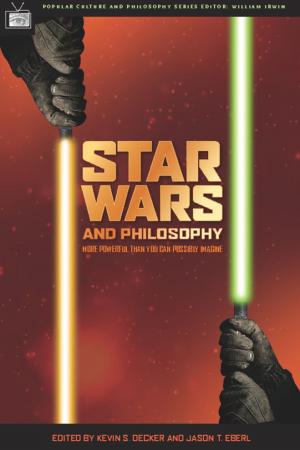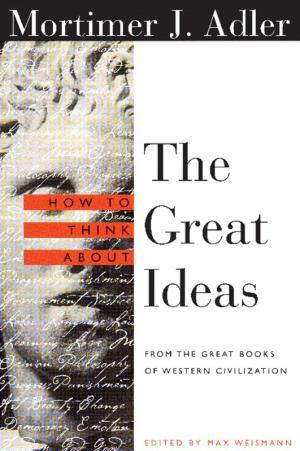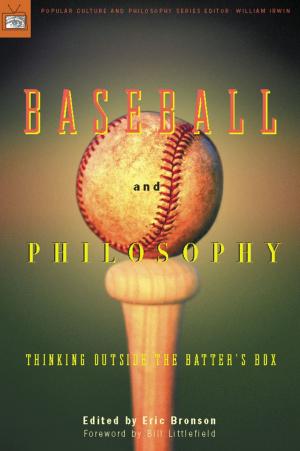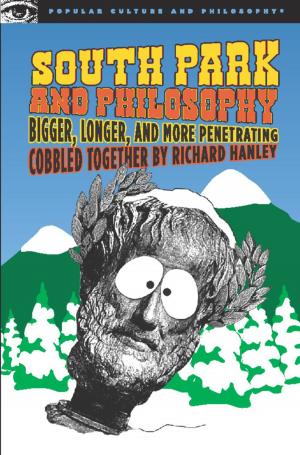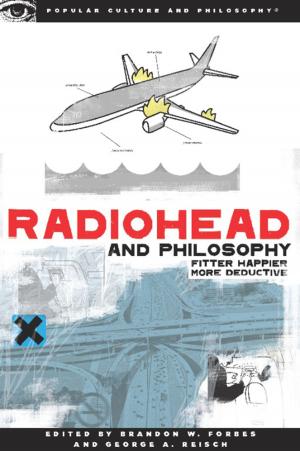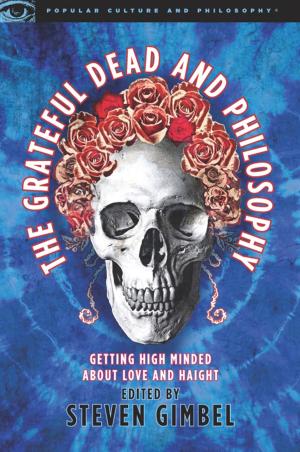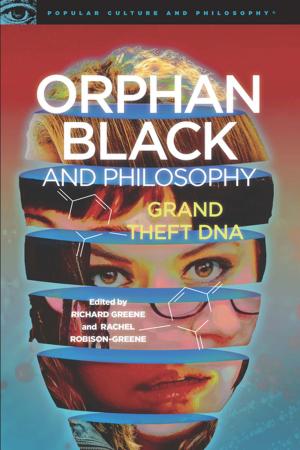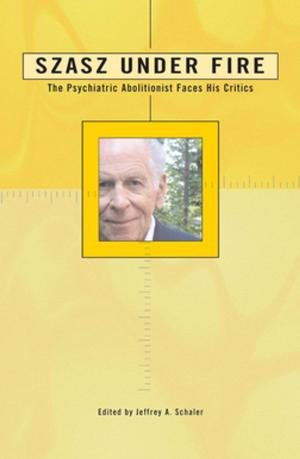| Author: | Philip Koch | ISBN: | 9780812699463 |
| Publisher: | Open Court | Publication: | December 15, 2015 |
| Imprint: | Open Court | Language: | English |
| Author: | Philip Koch |
| ISBN: | 9780812699463 |
| Publisher: | Open Court |
| Publication: | December 15, 2015 |
| Imprint: | Open Court |
| Language: | English |
In Koch's Solitude, both solitude and engagement emerge as primary modes of human experience, equally essential for human completion. This work draws upon the vast corpus of literary reflections on solitude, especially Lao Tze, Sappho, Plotinus, Augustine, Petrarch, Montaigne, Goethe, Shelley, Emerson, Thoreau, Whitman and Proust.
"Koch uses the work of philosophers, historians, and writers, as well as texts such as the Bible, to show what solitude is and isn't, and what being alone can do to and for the individual. Interesting for its literary scope and its conclusions about all the good true solitude can bring us."
-Booklist
"Reading this book is like dipping into many minds, fierce and gentle. The author reveals his long study of great philosophers, and interprets their thoughts through the lens of his own experience with solitude. He traces our early brushes with solitude and the fear it can engender, then the craving for solitude that comes with full, adult lives."
-NAPRA Review
In Koch's Solitude, both solitude and engagement emerge as primary modes of human experience, equally essential for human completion. This work draws upon the vast corpus of literary reflections on solitude, especially Lao Tze, Sappho, Plotinus, Augustine, Petrarch, Montaigne, Goethe, Shelley, Emerson, Thoreau, Whitman and Proust.
"Koch uses the work of philosophers, historians, and writers, as well as texts such as the Bible, to show what solitude is and isn't, and what being alone can do to and for the individual. Interesting for its literary scope and its conclusions about all the good true solitude can bring us."
-Booklist
"Reading this book is like dipping into many minds, fierce and gentle. The author reveals his long study of great philosophers, and interprets their thoughts through the lens of his own experience with solitude. He traces our early brushes with solitude and the fear it can engender, then the craving for solitude that comes with full, adult lives."
-NAPRA Review


